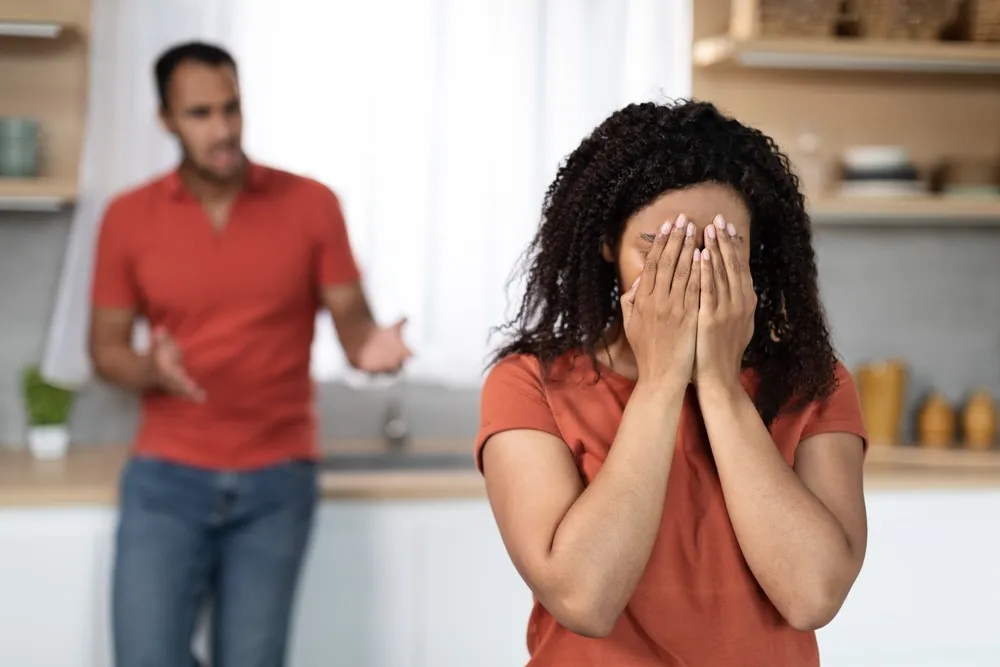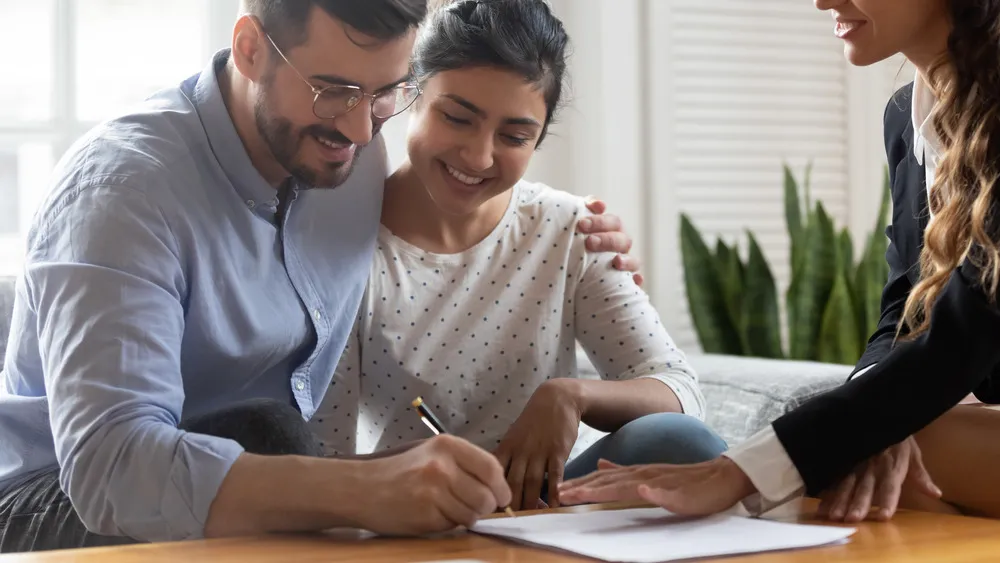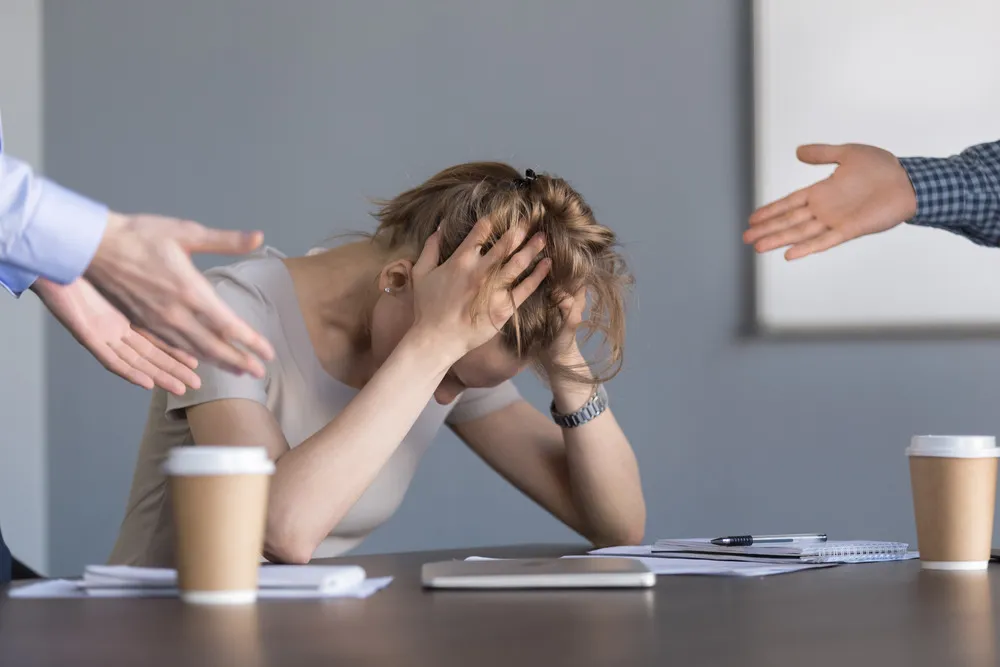Imagine waking up to discover you’re suddenly responsible for a small fortune in damages because of something your child did.
In Georgia, this scenario isn’t as far-fetched as you might think. The state’s parental liability laws hold parents accountable for their child’s negligent actions in certain circumstances.
Parental liability is a complex legal issue that varies from state to state. In Georgia, the laws surrounding parental liability for their child’s negligence are important to understand. While parents have a duty to supervise and guide their children, they may not always be held responsible for their child’s actions.
In this blog post, we will explore the key aspects of parental liability in the state of Georgia.
Overview of Parental Liability Laws in Georgia
In Georgia, you’re legally responsible for your child’s actions until they reach the age of 18, under the state’s parental liability laws. This means if your child is involved in negligent or intentional acts that cause damage, you might be held accountable. This can include a wide range of scenarios, from property damage to personal injuries caused by your child.
The law primarily focuses on willful and malicious conduct, but it also pertains to negligent acts. For instance, if your child deliberately vandalizes a neighbor’s property, you’re likely to be held liable for the damages. Similarly, if your child accidentally injures someone while playing, you may also be held responsible.
However, Georgia’s Parental Responsibility Law caps your liability at $10,000, plus court costs and attorney fees. This limit applies regardless of the extent of the damage or injury caused by your child. But, remember this doesn’t absolve you from potential civil lawsuits where you may be required to pay more.
Understanding these laws can help you guide your child’s behavior and potentially safeguard your finances. Always remember, you’re not just responsible for your child’s wellbeing but also for their actions.

Circumstances Under Which Parents Are Liable in Georgia
Navigating the labyrinth of parental liability, it’s essential to know the specific circumstances under which you might be held responsible for your child’s actions in Georgia.
For instance, if your child willfully and maliciously damages another person’s property, you’re on the hook for up to $10,000 in damages. You’re also liable if your child uses your car without permission and causes an accident.
Additionally, you’re responsible if your child is found guilty of shoplifting. The store owner can sue you for the cost of the stolen goods. However, if your child is caught selling or possessing drugs, Georgia law doesn’t hold you accountable.
But what about unintentional harm? If your child accidentally injures someone while playing, are you liable? The answer is usually no, unless you’ve been negligent in supervising them.
Lastly, remember that these laws apply to parents and legal guardians of minors, defined as individuals under 18 years old. Understanding these circumstances can help you manage your child’s behavior and potentially avoid costly legal issues.
Always stay informed and act responsibly to ensure you’re not caught off guard by unexpected liability.
Limits of Parental Liability
While it’s crucial to be aware of the situations that can make you accountable for your child’s actions, it’s equally important to understand the limits to this liability in Georgia. Notably, there are monetary caps on the damages that can be imposed.
Under Georgia’s parental responsibility laws, you’re generally not liable for more than $10,000 in damages for your child’s negligent or intentional acts. This limit doesn’t include costs such as legal fees or interest on the judgment.
However, don’t assume this means you’re off the hook entirely. If your child’s actions are determined to be ‘malicious or wilful,’ these limits may not apply. Plus, if you directly contributed to your child’s behavior, such as providing them with alcohol or a weapon, you could face additional penalties.
Also, remember that your insurance coverage may not cover all these costs. It’s wise to review your policy and consider additional coverage if necessary.

The Impact of Child Negligence Cases on Families
Facing a child negligence case can dramatically alter your family’s dynamics, often leading to emotional turmoil and financial stress. It’s an experience that can strain relationships, as family members grapple with guilt, blame, and the societal stigma attached to negligence.
You may find that you’re constantly defending your actions, both to yourself and to others. This can cause emotional exhaustion, making it hard to cope with daily life. You’ll likely experience feelings of guilt and shame, and these can lead to depression or anxiety.
Financially, it can be devastating. Legal fees can mount quickly, and if you’re held liable, the verdict’s financial impact can be severe. You may face hefty fines, or even have to compensate for damages.
Moreover, if your child is taken into custody by the state, you could face additional costs related to their care. This could include counseling or therapy, education, and other necessary services.
The ripple effect of a child negligence case on your family can be far-reaching and long-lasting. It’s not only about the immediate impact; the repercussions can affect your family’s future wellbeing and stability too. So, it’s crucial to understand the potential consequences and take steps to protect your family.
Navigating the Legal Process
Given the serious implications of a child negligence case on your family, it’s essential you understand how to navigate the legal process effectively. When facing the difficult circumstances of a child negligence case, it is absolutely critical for you and your family to have a thorough comprehension of the legal proceedings involved. A situation such as this carries with it grave consequences and could potentially alter the course of your family’s future.
Find a good lawyer
Finding a good lawyer who’s experienced in child negligence cases in Georgia. They’ll guide you through the complex legal landscape, explaining Georgia’s unique laws and how they apply to your situation.
Your lawyer will represent you in court, but that’s not all. They’ll also help you gather evidence, prepare your case, and negotiate settlements. It’s crucial you’re honest with your lawyer about every detail of the situation, even if it’s uncomfortable. This will enable them to defend you effectively.
You’ll also need to understand Georgia’s Parental Responsibility laws. In Georgia, parents can be held responsible for their children’s negligent acts.
These laws are complex and vary, but generally, parents are liable if they failed to supervise their child properly or if the child’s act was willfully malicious.
Frequently Asked Questions
How Do Georgia’s Parental Liability Laws Compare to Those of Other States?
In Georgia, you’ll find the parental liability laws quite comprehensive compared to other states. You’re held responsible for your child’s negligent actions, especially if they involve property damage or personal injury, more so than in many states.
Are There Any Specific Cases Where Georgia’s Parental Liability Laws Have Been Challenged in Court?
Yes, there’ve been cases challenging Georgia’s laws. For instance, in Smith v. Landry, the court examined a parent’s liability for a minor’s negligence. It’s vital you research specific cases for a deeper understanding.
Can Grandparents or Legal Guardians Also Be Held Liable for a Child’s Negligence in Georgia?
Yes, you can be held liable as a grandparent or legal guardian for a child’s negligence in Georgia. It’s not just parents; any legal guardian can be held responsible for a child’s negligent actions.
How Can Parents Protect Themselves From Potential Liability for Their Child’s Negligence?
You can protect yourself from potential liability for your child’s negligence by getting adequate insurance coverage, setting clear rules for behavior, and actively supervising your child’s activities. It’s about prevention and protection.
What Are the Potential Consequences for Parents if They Are Found Liable for Their Child’s Negligence in Georgia?
If you’re found liable for your child’s negligence in Georgia, you might face hefty fines, restitution payments, or even jail time. It’s crucial to understand your legal responsibilities and potential consequences.

Contact Holston and Huntley – Atlanta’s Top Rated Injury Law Firm
If you’re grappling with Georgia’s complex parental liability laws, Holston and Huntley can provide the expert legal help you need. This reputable law firm specializes in personal injury and liability law, and their experienced attorneys are well-acquainted with the intricacies of Georgia’s legal code.
Holston and Huntley will guide you through every step of the legal process. They’ll explain the laws, your rights, and the potential consequences of your child’s actions. They’ll help you understand what you’re up against, and they’ll work tirelessly to protect your interests.
With their thorough understanding of Georgia’s liability laws, they’ll help you build a strong defense. They’ll scrutinize every detail of your case, gather evidence, and build a compelling argument to present in court. They won’t leave any stone unturned and they’ll fight aggressively for your rights.
Facing legal proceedings can be daunting, but you’re not alone. Holston and Huntley are committed to supporting you every step of the way. They’ll ensure you understand the process, keep you informed, and stand by your side in court. With their help, you can navigate this complex legal landscape with confidence.

